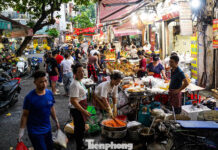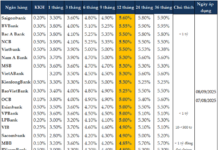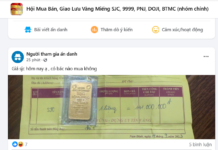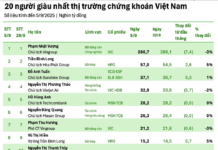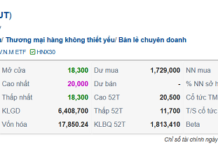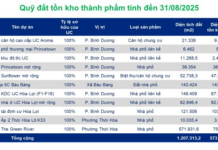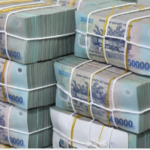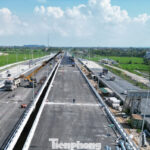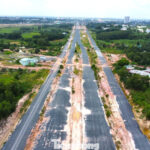The amount of remittances sent to Vietnam each year is equivalent to the value of 10,000 apartments. With more relaxed regulations on home ownership, this flow of money may increase and become more legitimate in the real estate sector.
In the 2024 Land Law, the most notable change is the expansion of land use rights for overseas Vietnamese. Specifically, Clause 3 and Clause 6, Article 4 on “Land Users” stipulate that land users are allocated land by the State, leased land, recognized land use rights; stable land use, meeting the conditions for granting certificates of land use rights, property ownership rights attached to land but not yet granted certificates by the State including: Individuals in the country, Vietnamese residing abroad who are Vietnamese citizens; Vietnamese descent residing abroad.
These clearer and more open regulations will give overseas Vietnamese more autonomy, encouraging them to invest in and own a home or second home in their homeland without having to rely on relatives in Vietnam to register in their name as before.
At the same time, by expanding the scope of real estate transaction participants, the new law also helps attract remittances, which have increasingly become an important source of foreign revenue for Vietnam besides FDI.
According to the Association of Vietnamese Entrepreneurs Abroad, there are 6.5 million Vietnamese living abroad, spanning approximately 3 generations, and more than 20% have reached retirement age and are interested in returning to Vietnam. For overseas Vietnamese, if they buy real estate to live in, their first priority is a location near relatives and family, or in big cities but still have a natural environment that is good for health and relaxation.
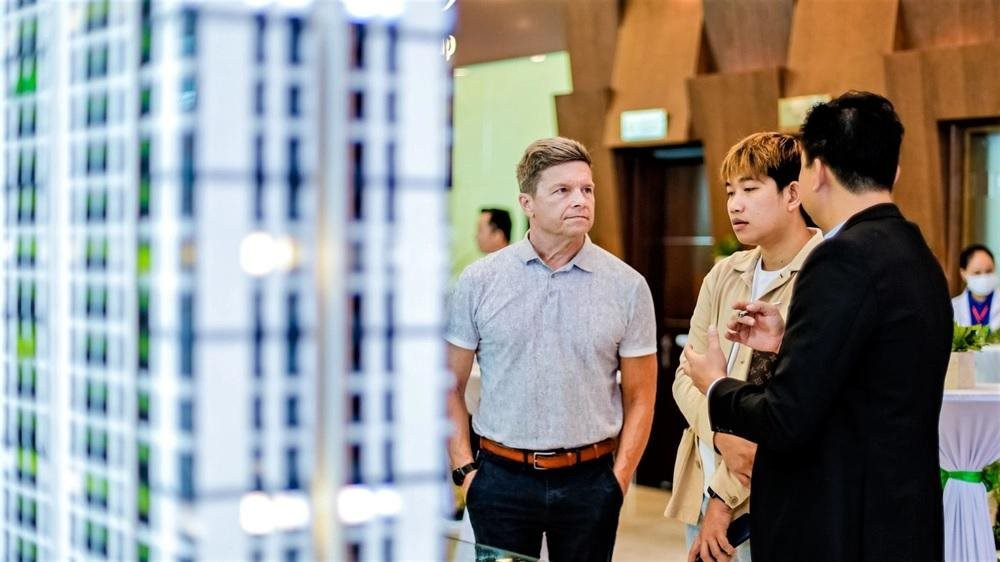
Sharing about this, Mr. David Jackson, General Director of Avison Young, said that if the amount of remittances flowing into real estate skyrockets, it could lead to an increase in real estate prices and a deviation from the investment allocation target by sector. However, remittances will not pour into the Vietnamese housing market strongly immediately after the new law takes effect, as there is always a certain delay from the law coming into practice and people need time to research, before considering investment decisions. In the long run, the participation of overseas Vietnamese investors in both the primary and secondary markets will bring new capital to the market, and buying and selling, investment activities may become more dynamic.
He cites the example of India, the world leader in remittances, which began issuing Overseas Citizenship of India (OCI) cards to people of Indian origin in 2006. Once granted, cardholders will be allowed lifetime entry, are free to buy and sell real estate (except agricultural land), invest in stocks with a tax rate not exceeding the difference.
In China, overseas Chinese are encouraged to return to the country through preferential policies such as reduced land rent, electricity bills, and business taxes. The Chinese government also issues “Overseas Bonds” to attract remittances for infrastructure investment.
Mr. Troy Griffiths, Deputy Managing Director of Savills Vietnam, assessed that the change in the law this time creates great potential for the real estate market thanks to direct investment capital from overseas Vietnamese. In the past, Vietnamese people living abroad who wanted to invest back in the country had to do so through relatives or family members, which has led to some unnecessary disputes. The new law will address this issue, making it easier to invest and reducing the risk of inter-party risk during the investment process.
He said that he has had the opportunity to work with many Vietnamese people abroad, many of whom are elderly. These may be people who emigrated abroad, after many years of hard work, they have owned a certain amount of assets and are considering investing back in Vietnam, perhaps even considering returning to live.
According to the Foreign Exchange Management Department, the amount of remittances to Vietnam in 2023 reached about 16 billion USD, an increase of 32% compared to 2022.
The fact that the law has been designed to be more open for overseas Vietnamese to own houses has received positive feedback. According to the Vietnamese diaspora, when buying real estate in the country, they used to have to ask relatives to register in their name due to concerns about complicated procedures. Currently, the new regulations in the laws make it easier for overseas Vietnamese to own real estate in the country.
Currently, there are nearly 6 million Vietnamese people living abroad, many of whom have reached retirement age and have a need to return to Vietnam to live. This gives the real estate market a large additional source of demand from overseas Vietnamese, attracting more money from abroad to Vietnam, which will be a large source of capital for society.
Thus, the 2024 Land Law has fundamentally changed the legal status of land users by determining the criteria as nationality, no longer determined by place of residence. Specifically, individuals in the country and Vietnamese residing abroad who are Vietnamese citizens have equal access to land. Thus, in the coming time, Vietnamese people residing abroad who still hold Vietnamese nationality will have full rights related to land like citizens in the country; maintain the same policy as current law for Vietnamese people of foreign origin residing abroad (no longer Vietnamese nationality).



